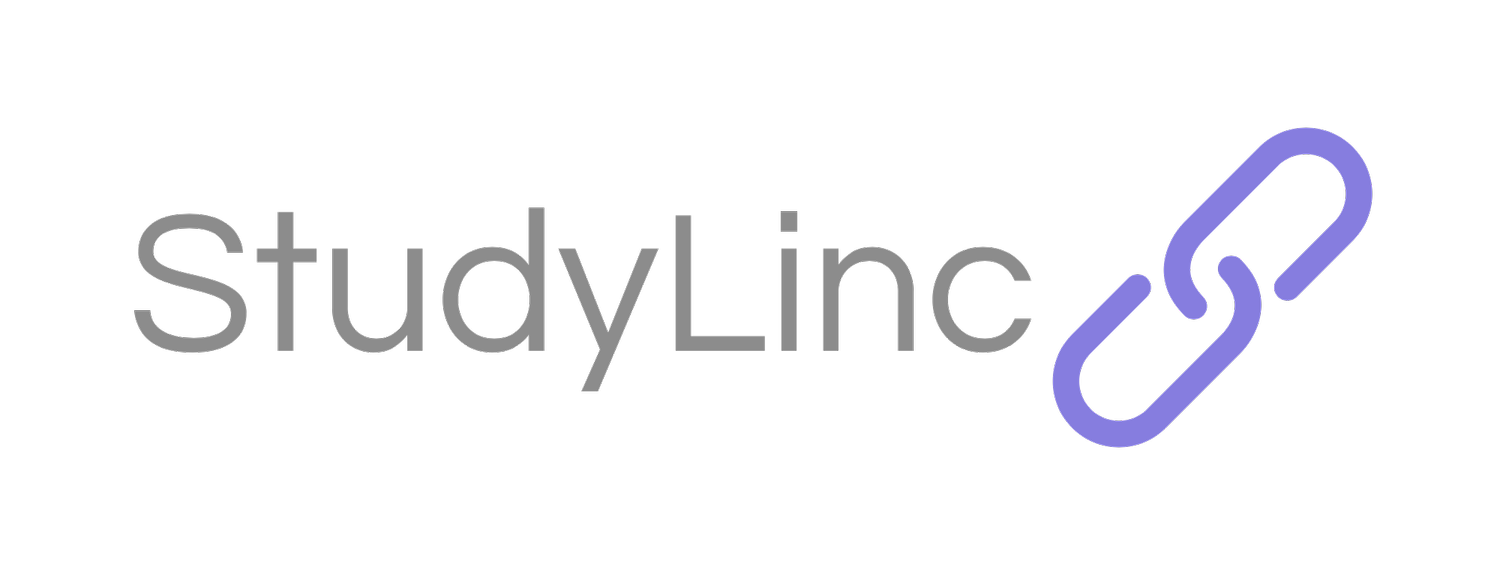Socratic dialogue uses open ended and reflective questions to stimulate critical thinking and self reflection. This encourages clients to examine their beliefs, assumptions, and thought patterns, helping them to discover insights for themselves.
Examples of socratic questions:
What evidence do you have for this thought?
Is there another way to look at the situation?
How do you feel when you think about these tasks?
What has worked for you?
How have you managed this in the past?
Why Socratic dialogue is powerful?
Promotes self discovery:
By encouraging the exploration of thoughts and answers independently, increasing self-awareness, and self efficacy.
Engages critical thinking:
But challenging assumptions and thinking more deeply, it fosters long-lasting changes in beliefs.
Non-confrontational:
Rather than telling clients what's wrong, with gently guide them to their own conclusions.
Why Socratic dialogue is useful in CBT
Identifyies cognitive distortions:
Helps the client to uncover their distorted or irrational thoughts.
Empowers clients:
By discovering alternative, balanced thoughts, clients feel more in control of their responses and behaviours.
Skill building:
Clients learn critical thinking skills needed to cope with future challenges independently.

